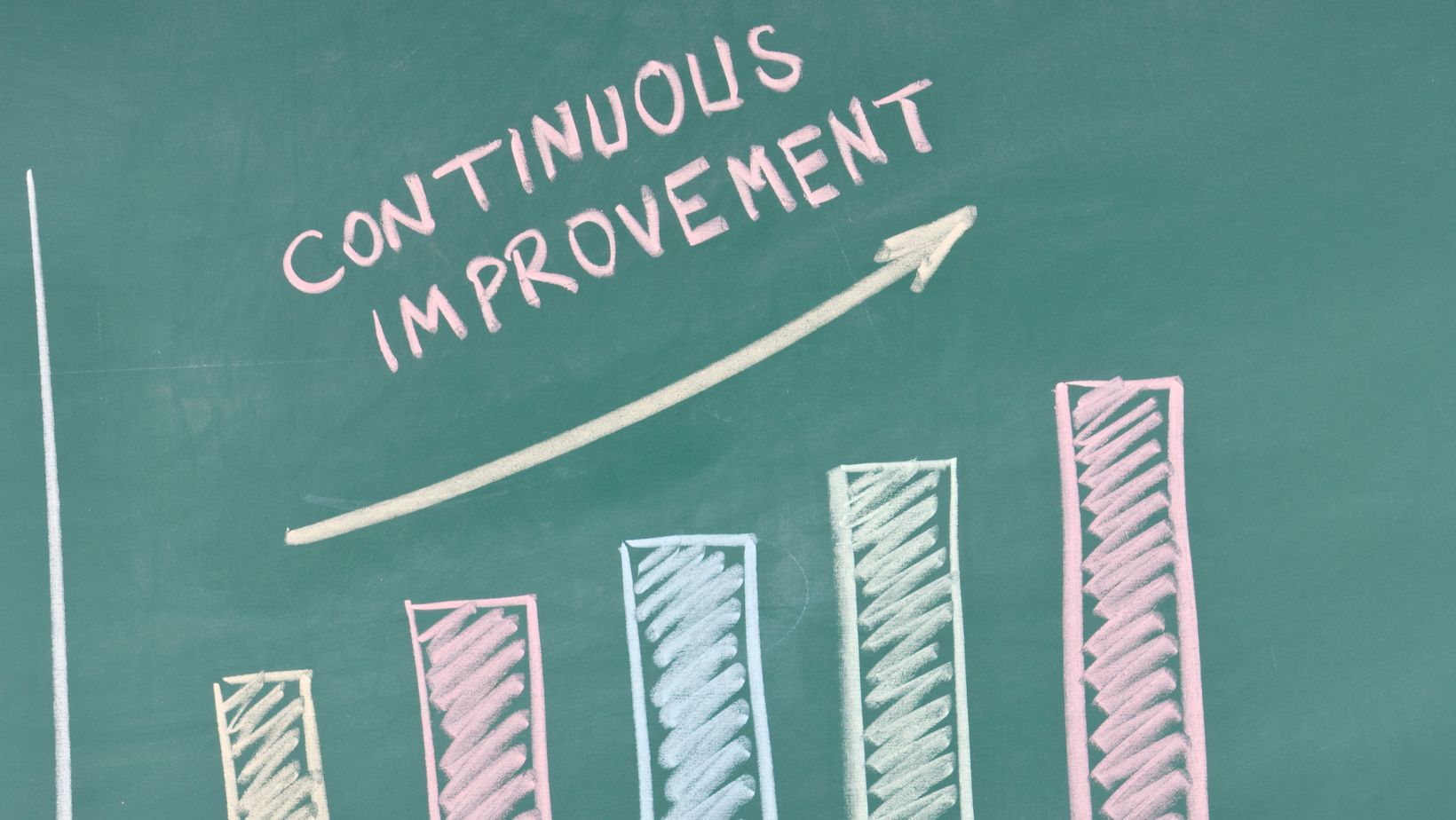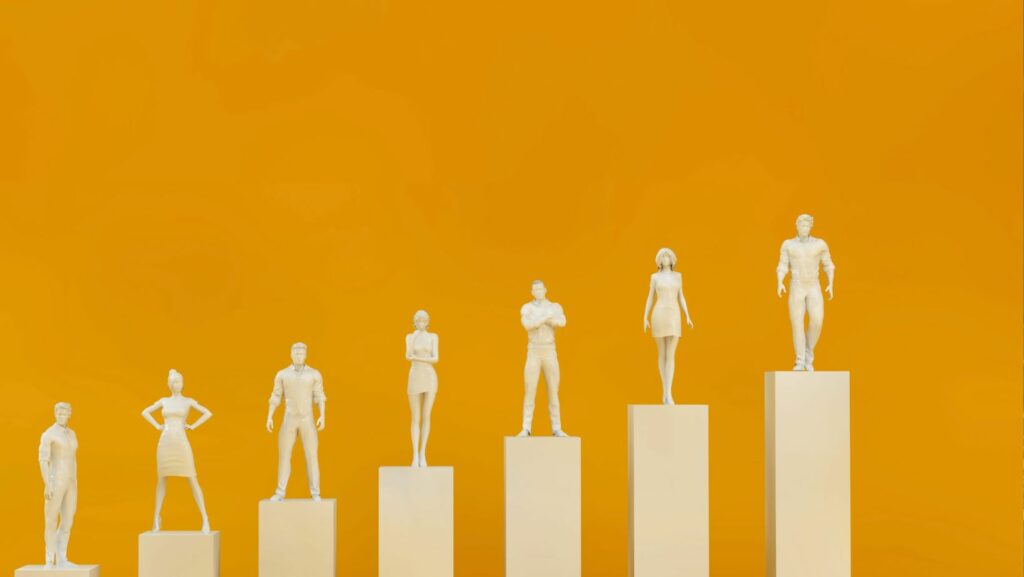Being a “better version of yourself” is not only encouraged, but expected in our day and age. You see someone getting up at five in the morning, journaling, meditating, going to the gym, consuming green smoothies, and starting a side business every time you browse social media. It’s difficult to avoid feeling like you’re lagging behind. Therefore, even though self-improvement is frequently done with good intentions, it can start to feel like just another kind of pressure.
It’s a universal message: you’re wasting your time if you’re not continuously improving. From manifestation techniques to productivity tricks, the contemporary self-help movement is flourishing. Even in the realm of leisure or enjoyment, such as when you browse a website like avalon78.com/en-CA in your spare time, guilt might occasionally set in—shouldn’t you be spending your time in a more “useful” way? Rest begins to seem more like a sinful pleasure than a need when every moment is turned into a chance to maximize.
The fundamental tenet of self-improvement is constructive in and of itself. It is really human to desire to develop, learn, or live a more purposeful life. However, the issue arises when the drive to develop turns into an expectation of perfection. And that change occurs quickly in the hyperconnected world of today.
The distinction between performance and growth is a minor yet significant aspect that is often overlooked. Growth is quiet, private, and inward. Others curate, observe, and evaluate performance. Nowadays, a lot of what is marketed as self-improvement is more performance-oriented. It’s important to look better as well as feel better. It’s really exhausting and highly shareable to read fifty books a year, run marathons, eat healthily, and reach professional milestones.
This coercion is particularly cunning because it frequently passes for empowerment. You are being informed that you could be more, not that you are insufficient. Yes, that messaging can be inspiring. However, it may also result in long-term discontent. It is almost impossible to sit still and declare, “This is enough,” if you’re constantly aiming for the next objective. I am sufficient.
It’s also important to remember that the self-improvement sector is just that—a sector. Your ambition to improve yourself can earn you money. Books, coaching programs, productivity applications, vitamins, and online courses all add up. To keep you thinking you’re not quite there yet, there is a commercial incentive. There are more goals waiting for you once you reach the first one. The trip is never truly over.
Not all self-help is a fraud, though. There are methods and resources that actually assist people in making life changes. However, when it becomes obsessive, even the best advise can backfire. Journaling becomes a daily checkbox instead of a reflective activity. Meditation transforms from a soothing routine into a daily objective. The “assistance” component wanes, leaving only pressure in a more attractive form.
So how can we distinguish between pressure masquerading as growth and actual growth?
It might come down to how it feels. If a habit makes you feel grounded, open, and at peace—even when it’s hard—that’s growth. If it leaves you drained, anxious, or feeling like a failure when you skip a day, that’s pressure. Real self-improvement should make life fuller, not more crowded.

Maybe the challenge isn’t to stop improving altogether, but to redefine what improvement means. Maybe it’s not about productivity, abs, or perfect morning routines. Maybe it’s about becoming more accepting of who we already are, instead of obsessing over who we think we should be.
It may depend on how it feels. Growth occurs when a habit, despite its difficulties, helps you feel open, at ease, and grounded. Pressure is present if missing a day makes you feel exhausted, nervous, or like a failure. Instead of making life more cluttered, true self-improvement should make it fuller.
Perhaps redefining what improvement means is more difficult than completely stopping it. Perhaps it has nothing to do with productivity, abs, or flawless morning rituals. Instead than stressing over who we believe we should be, perhaps it’s about learning to embrace who we currently are.
Basically, doing the most isn’t always the most drastic way to better oneself. It involves coming to terms with doing less.



